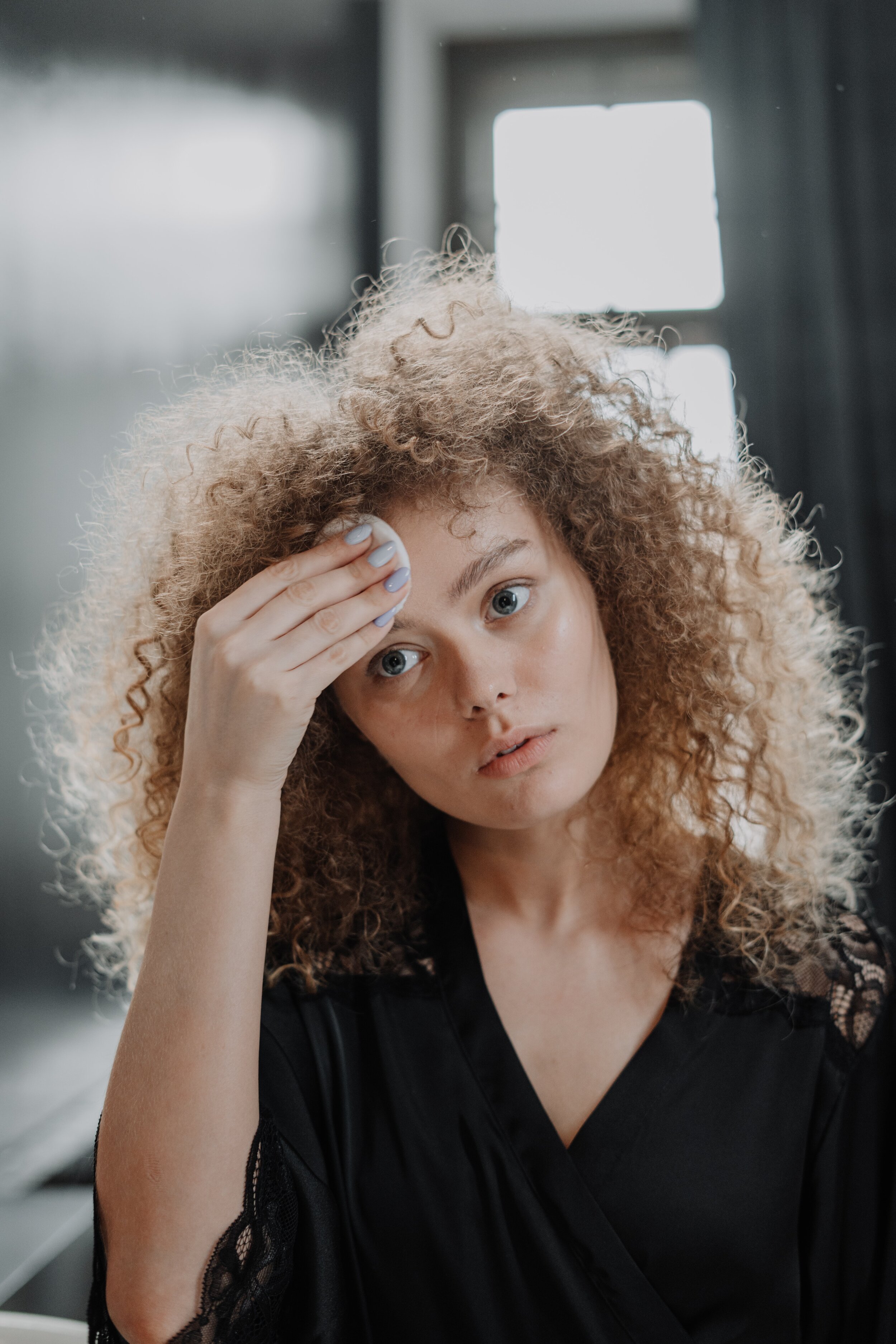
Welcome to The Aesthetics Edit™ - our educational platform at the intersection of art, beauty, medicine and science.
Explore by category and read our latest articles below,
or see a full list of all of our pieces here

Highlights from Asian Skincare: Part II
I’ve written before that Asian skincare brands are often neglected in most clinics in the UK, despite the fact that there is a growing appetite and interest for their unique products and formulations amongst the general public. I wanted to share some of most beloved and popular skincare ingredients from Asia, as well as take a quick look at what we know about the science behind them.
Who knows - these might be up-and-coming and trending ingredients over the next few years!

Highlights from Asian Skincare
I’ve written before that Asian skincare brands are often neglected in most clinics in the UK, despite the fact that there is a growing appetite and interest for their unique products and formulations amongst the general public. I wanted to share some of most beloved and popular skincare ingredients from Asia, as well as take a quick look at what we know about the science behind them.
Who knows - these might be up-and-coming and trending ingredients over the next few years!

East meets West: All about Asian Skincare
This is an article that I have been so excited to write, because it resonates with me. My heritage is half-English, half-Chinese, so I have always been aware that there are slightly different approaches in Eastern versus Western beauty and skin. I’ve become more interested in Asian skincare. This is not just because of my own heritage, but also because it is something that I know has a major presence in the beauty world, but that is not as commonly seen in many medical aesthetic clinics in London. The most popular medical-grade skincare lines used by aesthetic practitioners here are from North America or Europe.
So what are the broad differences - if any - between skincare lines from Asia and the West. And are we missing a trick here by not using them more?















The concept of “Instagram face” is not a new one, but has received more recent attention as Meta has banned filters that encourage plastic surgery. Awareness of the role that social media and photo editing plays in aesthetic medicine is incredibly important for both clinicians and patients. The influence of social media can be incredibly negative, and it means it’s more important than ever to navigate between good, ethical medical practice versus “selling” cosmetic procedures.